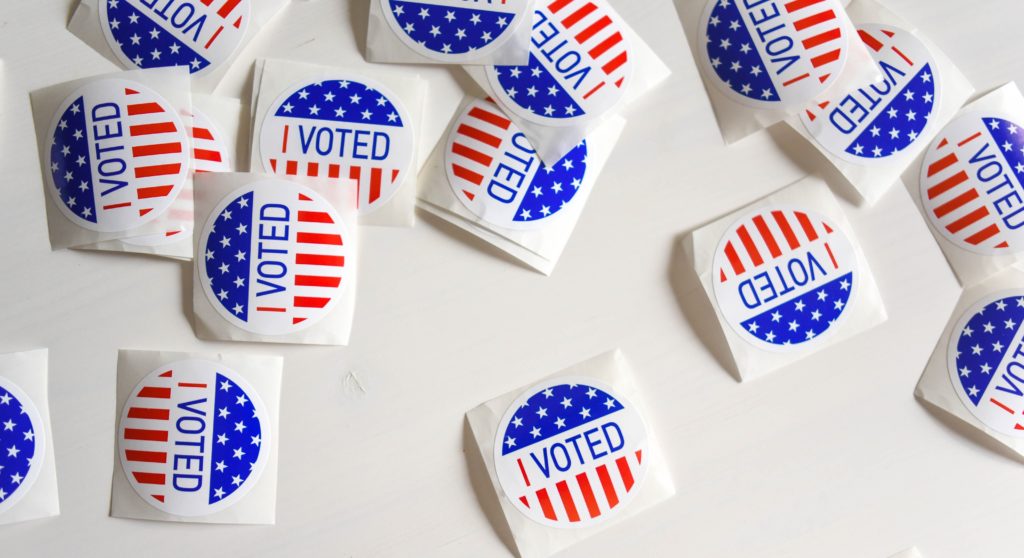With all the attention given to this week’s fiasco of reporting results in Iowa, I find that I can’t let go of a recent report from the University of Cambridge’s Center for the Future of Democracy that — for the first time — “a majority of Americans (55 percent) are dissatisfied with [our] system of government.”
In an article, Yascha Mounk and Roberto Foa (co-author of above report) note:
“Citizens have become steadily disenchanted with their democratic systems. As a result, they are more and more willing to vote for extremist politicians who promise to break with the status quo. It is perfectly possible that democracies will recover from their current crisis in the years to come. But every new data point makes it that much harder to deny that such a crisis exists.”
This, of course, is not the first time we’ve grappled with an existential challenge of this nature. Jill Lepore reminds us in an essay this week that in the 1930s when “democracy nearly died all over the world and almost all at once, Americans argued about it, and then they tried to fix it.”
Today, this conversation about what has gone wrong with our system, and how we can fix it, has become most urgent. People will differ about some of the causes of this crisis, and certainly about what is to be done, but there is a conversation beginning to take shape.
I’m in the middle of two books right now that try to grapple with this:
- A Time to Build: From Family and Community to Congress and the Campus, How Recommitting to Our Institutions Can Revive the American Dream by Yuval Levin, a scholar at the American Enterprise Institute, a conservative think tank. As Levin writes in an essay last month, “What stands out about our era in particular is a distinct kind of institutional dereliction — a failure even to attempt to form trustworthy people, and a tendency to think of institutions not as molds of character and behavior but as platforms for performance and prominence.”
- Why We’re Polarized by Ezra Klein, founder of Vox, a liberal aligned media platform. Klein writes that “one of the few real hopes for depolarizing American politics is democratization” including, for example, establishing automatic voter registration – for which there is legislation under consideration here in Massachusetts that we at JCRC support.
In reading these works, and others (such as Lepore’s These Truths: A History of the United States), I’m struck that these aren’t only challenges for the nation as a whole, but for all levels of community and civil society. The challenges to institutions also come in our Jewish communities, where some who are unsatisfied with the values and priorities of the collective seek to tear down and delegitimize the very fabric of centuries-old communal institutions rather than engage in substantive debate. And the challenges of public leadership are not limited to elected officials, but to anyone who has a leadership role in building trust in institutions.
No doubt each of us can find ways to agree or disagree with some of the options and strategies these authors and others are offering right now. But with every passing event – such as Iowa – I’m imbued with a sense of urgency about this conversation and about our role as leaders and institutions to both model a better way forward and act as advocates for the repair of civil society.
I’d love to hear from you about this: What are you reading? How do you think about this moment in our society? And, most importantly, what is our communal call to action?
In that same essay, Lepore gives examples of many things that were attempted back in the 30s to address these challenges. She notes, “These efforts don’t always work. Still, trying them is better than talking about the weather, and waiting for someone to hand you an umbrella.”
That wisdom rings true to for me in our current moment. I hope that it does for you as well.
Shabbat Shalom,
Jeremy




